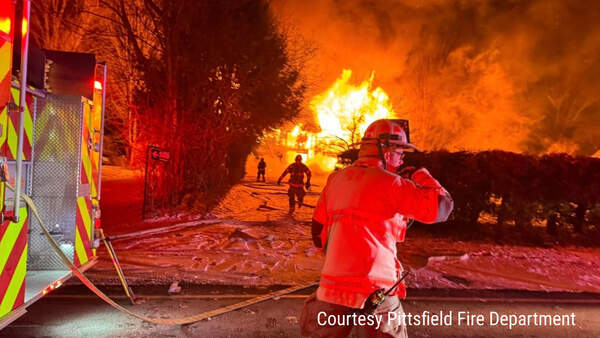
Great American Smokeout Set For Nov. 15
The American Cancer Society is encouraging current smokers to commit or recommit to healthy, smoke-free lives by participating in the 43rd Great American Smokeout event on Thursday, Nov. 15.
"The most important thing smokers can do to improve their health is to quit smoking cigarettes and other forms of combustible tobacco," said Wendy Matthews, executive director of the American Cancer Society. "We are showing our support for people who take those first steps toward making a plan to quit."
Cigarette smoking is the leading cause of cancer death in the United States, accounting for 29 percent of all cancer deaths. In fact, smoking cigarettes kills more Americans than alcohol, car accidents, HIV, guns and illegal drugs combined. Smoking not only causes cancer, it damages nearly every organ in the body, including the lungs, heart, blood vessels, reproductive organs, mouth, skin, eyes and bones.
Addiction to nicotine in cigarettes is one of the strongest and most deadly addictions one can have. While cigarette smoking rates have dropped (from 42 percent in 1965 to 15.5 percent in 2016), about 37.8 million Americans smoke cigarettes. Each year, approximately 20 million American smokers try to quit, representing more than half of the 37.8 million smokers in the United States. Only about 1.4 million (7 percent) succeed. An even greater percentage of smokers (68 percent) report being interested in quitting.
Quitting is hard. It takes commitment and starts with a plan, often takes more than one quit attempt, and requires a lot of support. Getting help through counseling and/or prescription medications can double or triple your chances of quitting successfully. Support is also important. Smoking cessation programs, telephone quit lines, the American Cancer Society’s Freshstart program, Nicotine Anonymous meetings, self-help materials such as books and pamphlets, and smoking counselors or coaches can be a great help.
The American Cancer Society is available 24 hours a day, seven days a week, to provide support as people make their plan to quit. More information is available online or by calling 800-227-2345.















